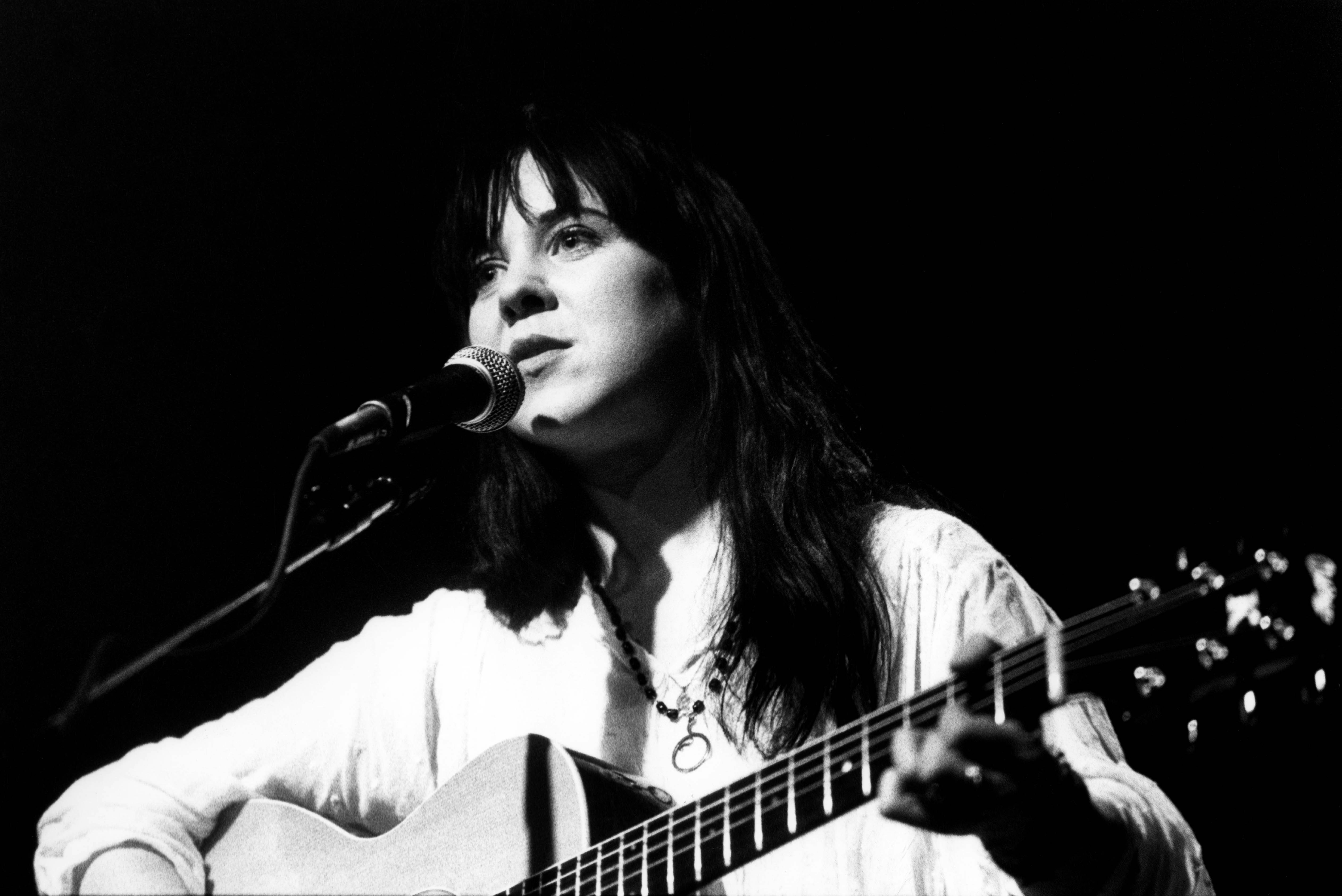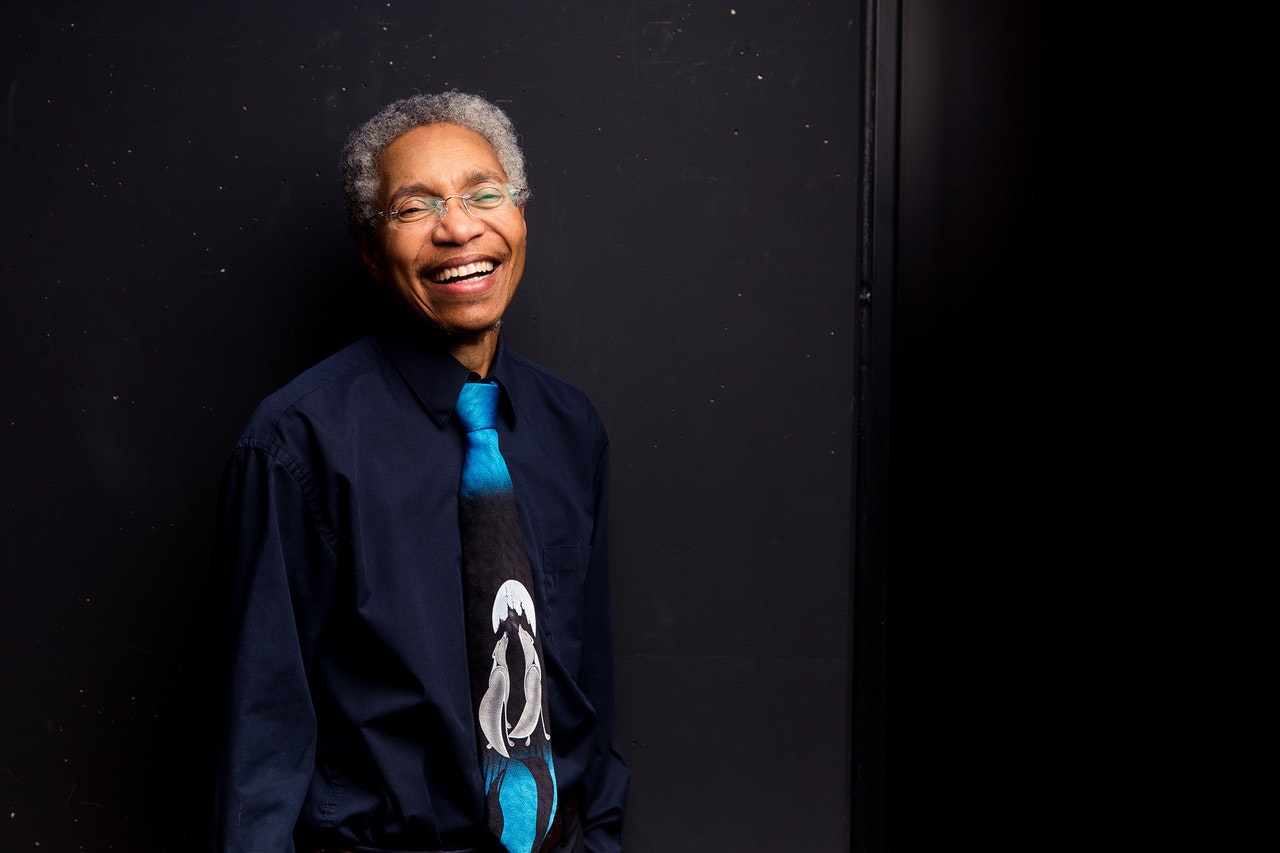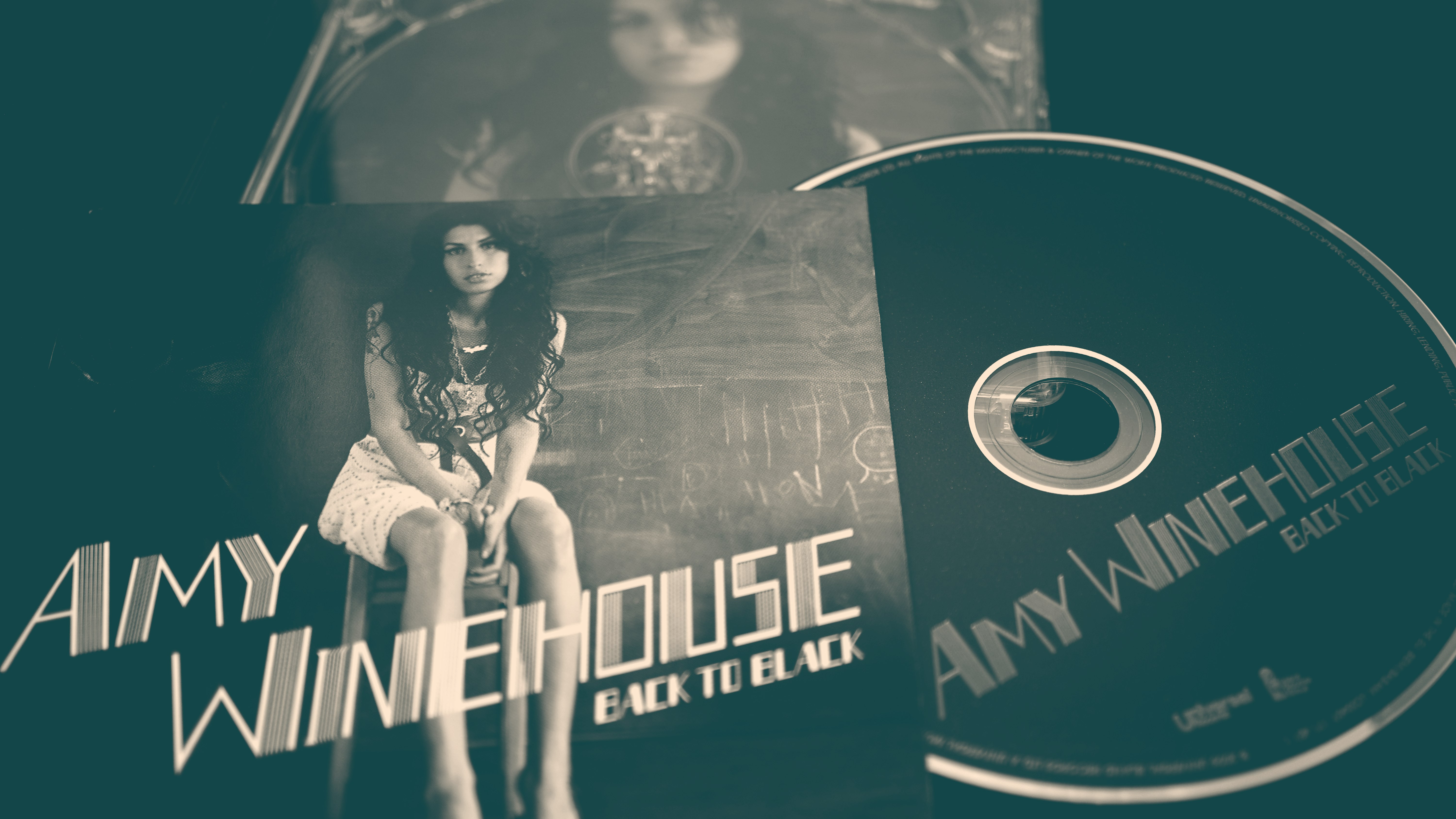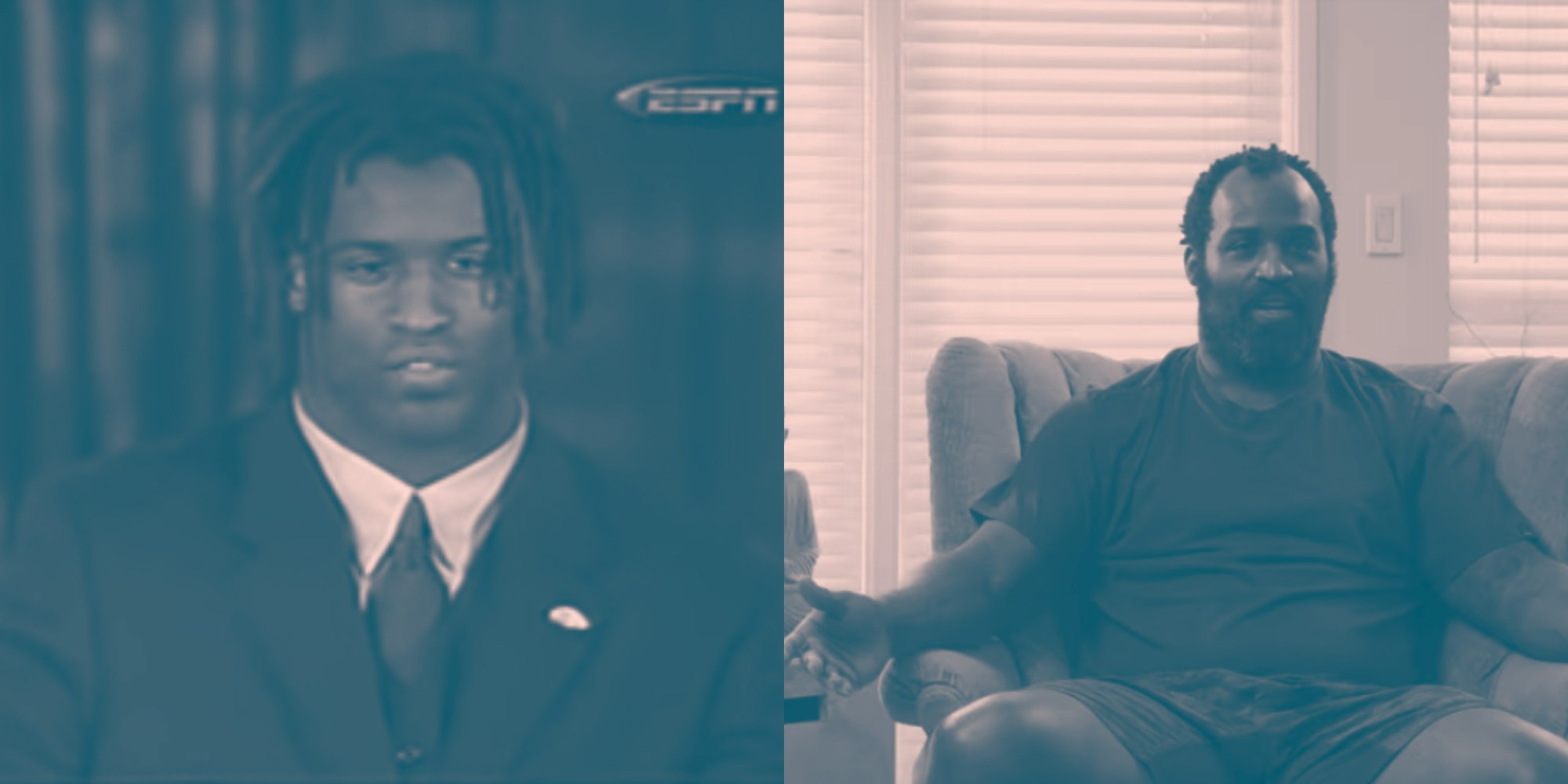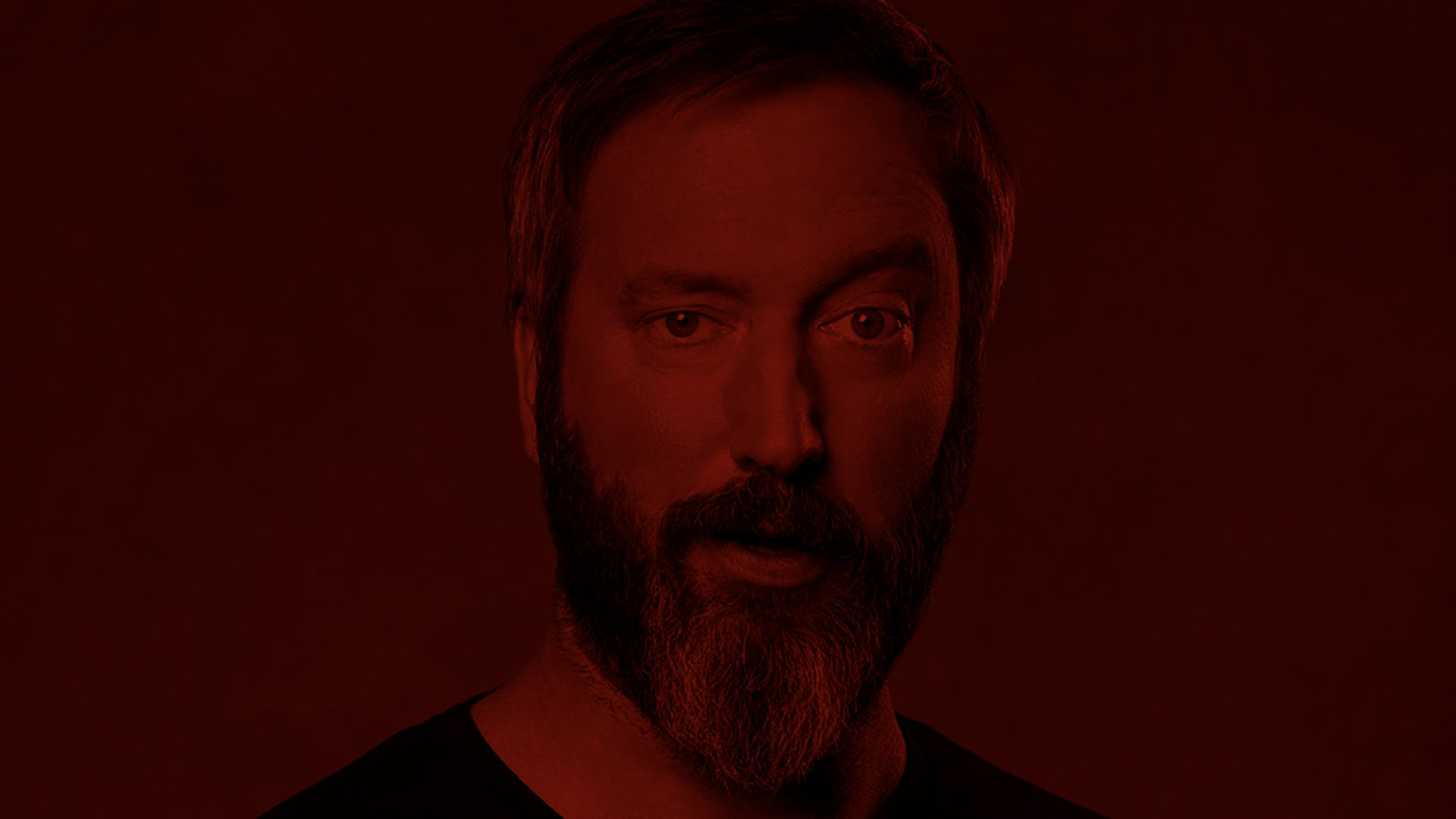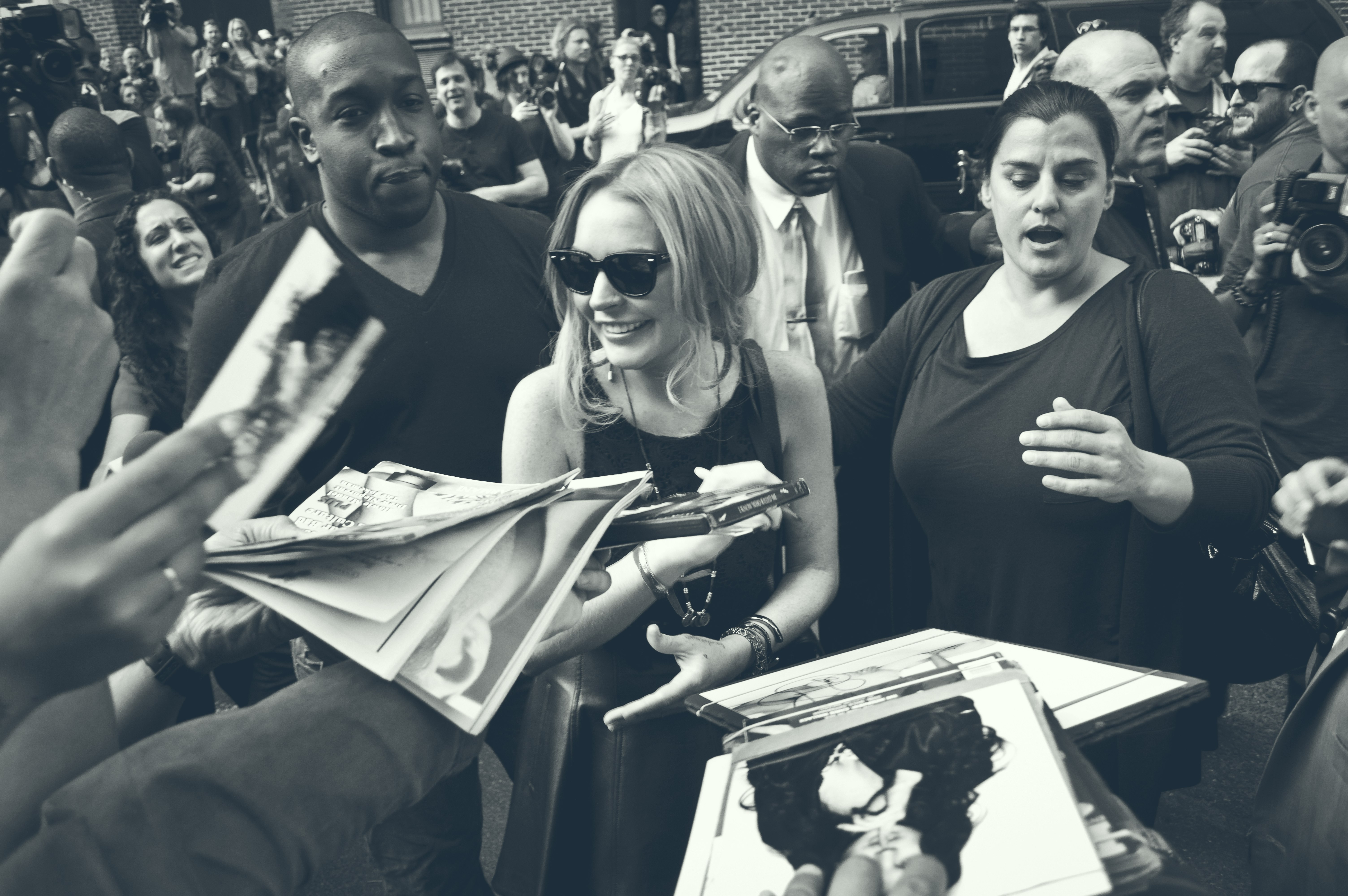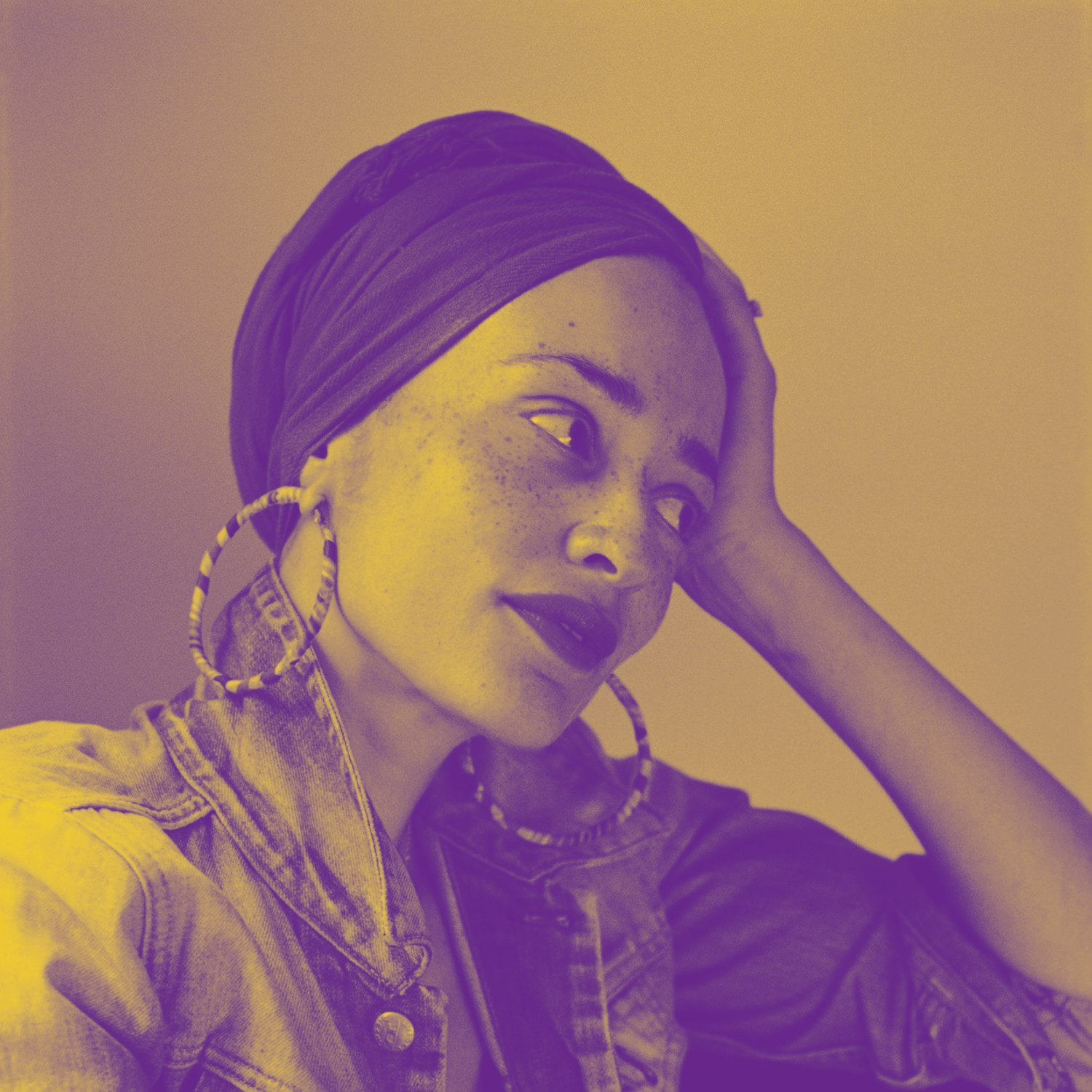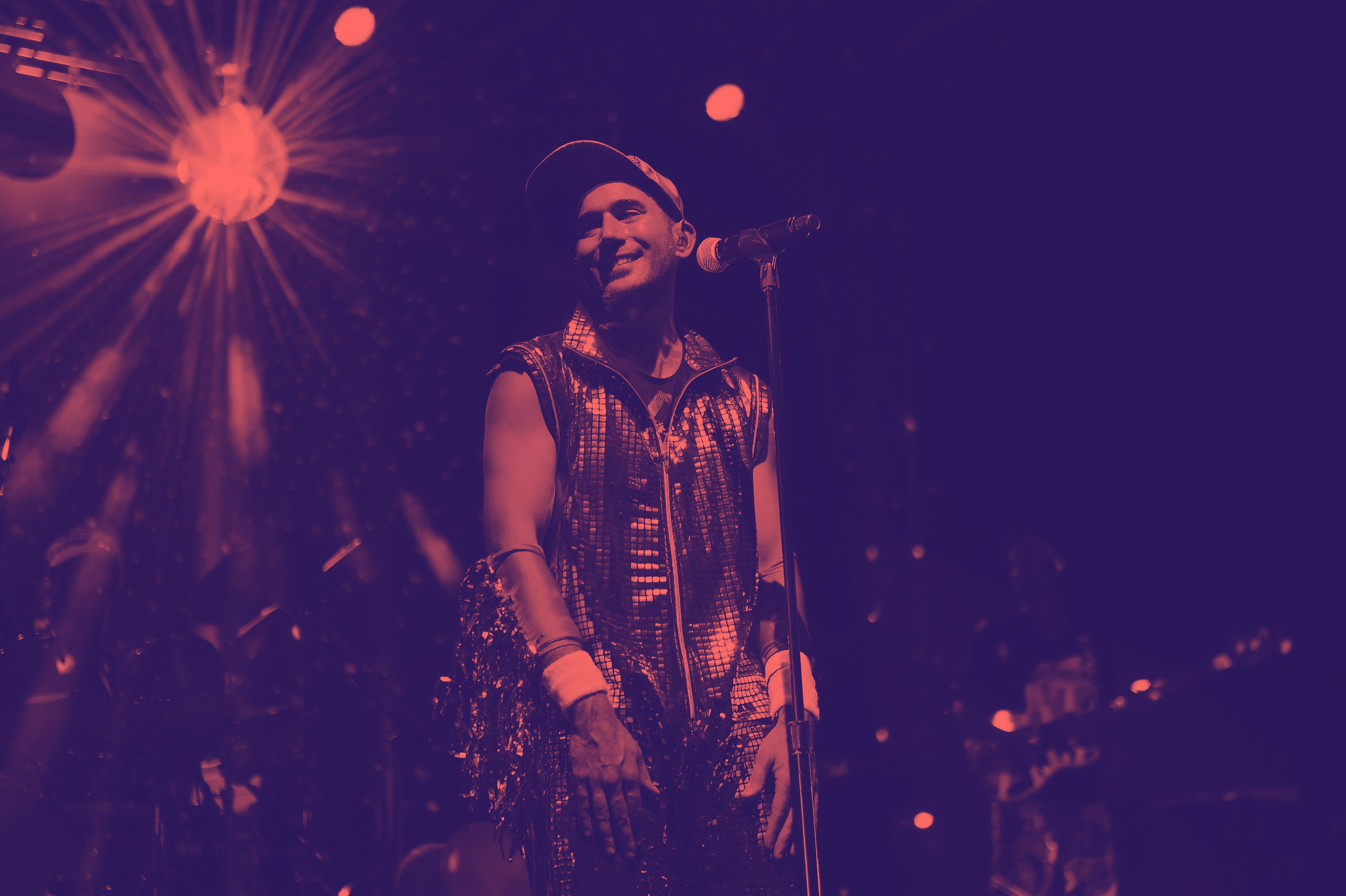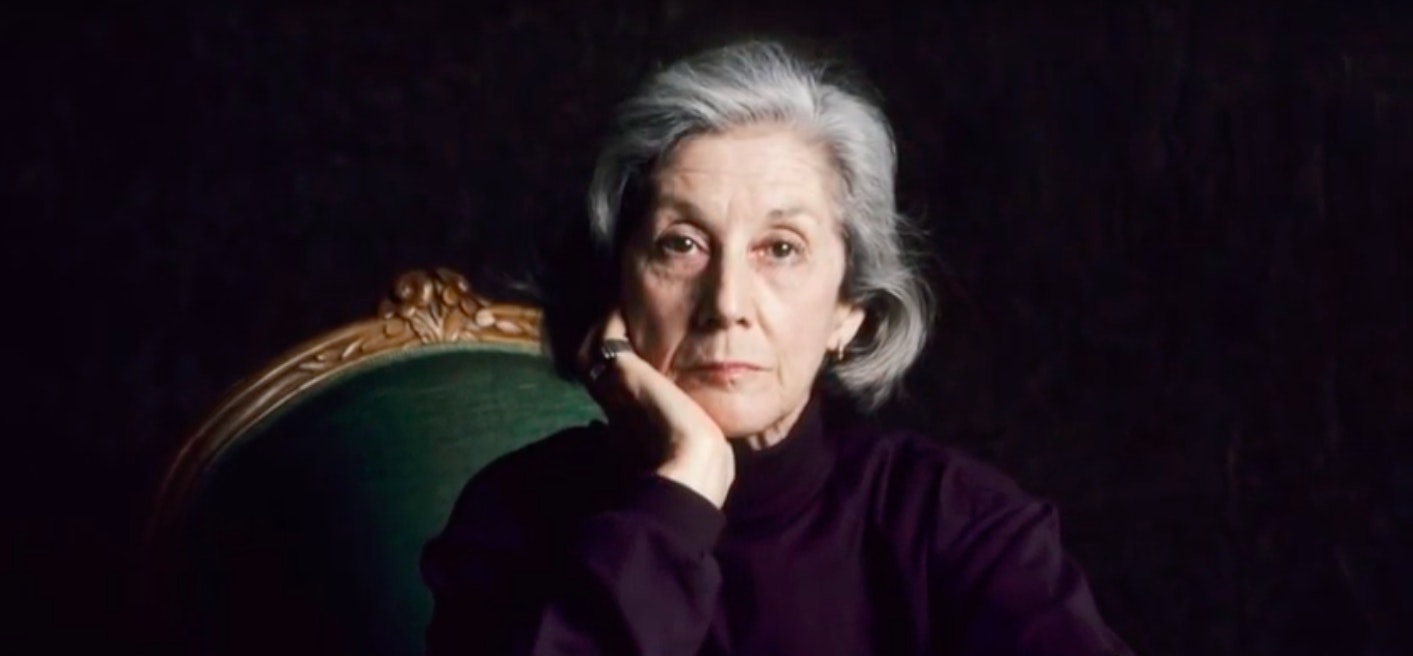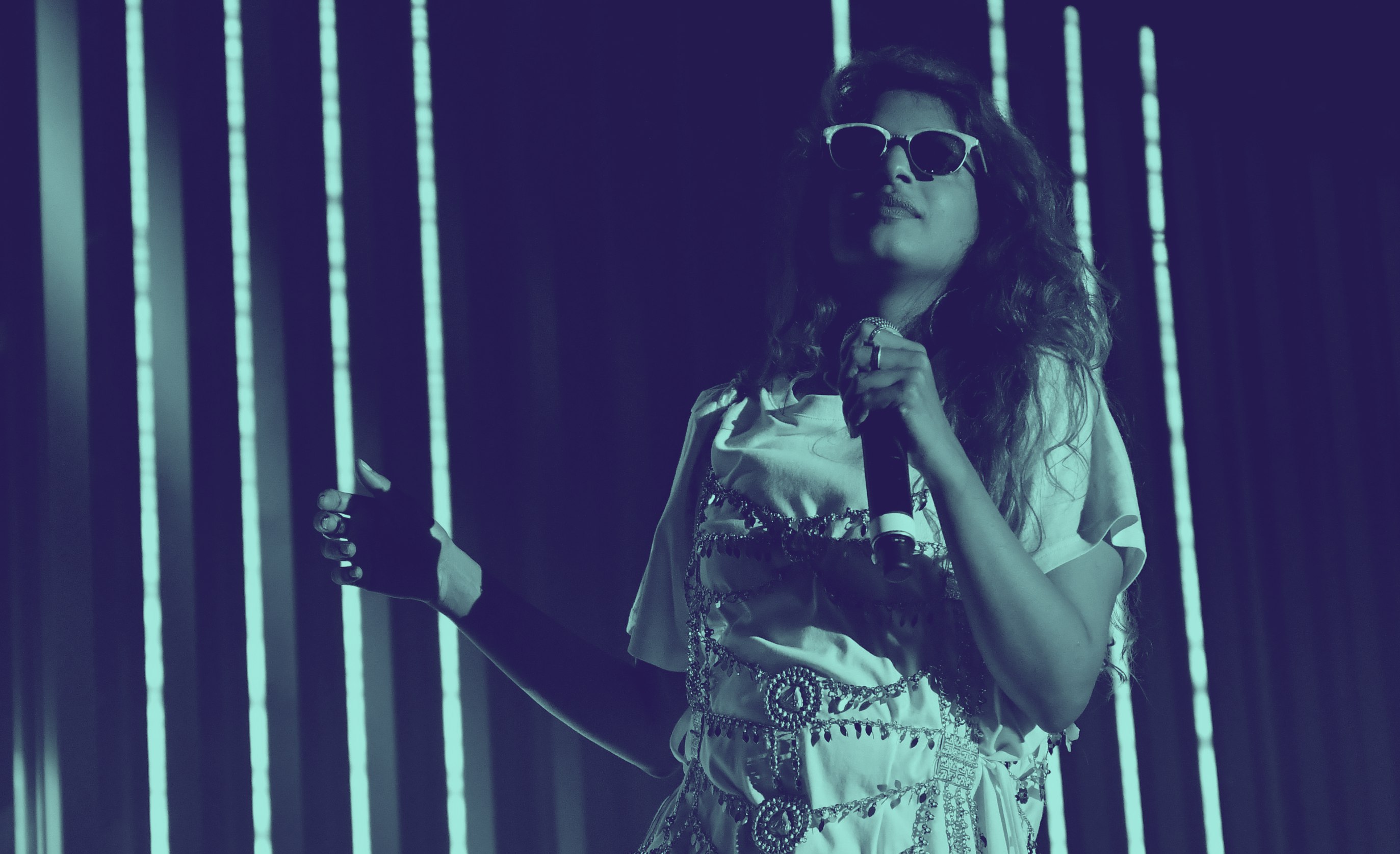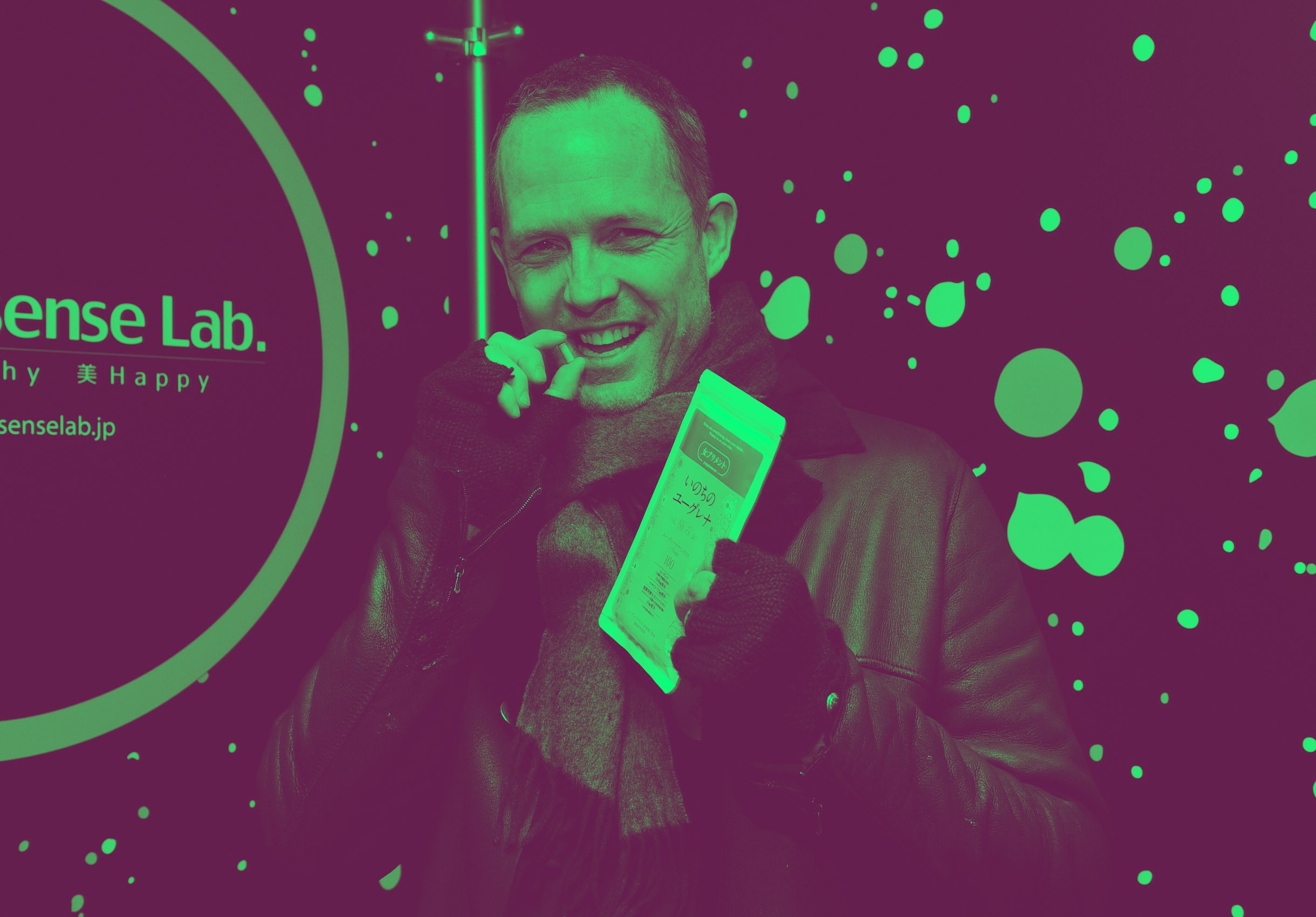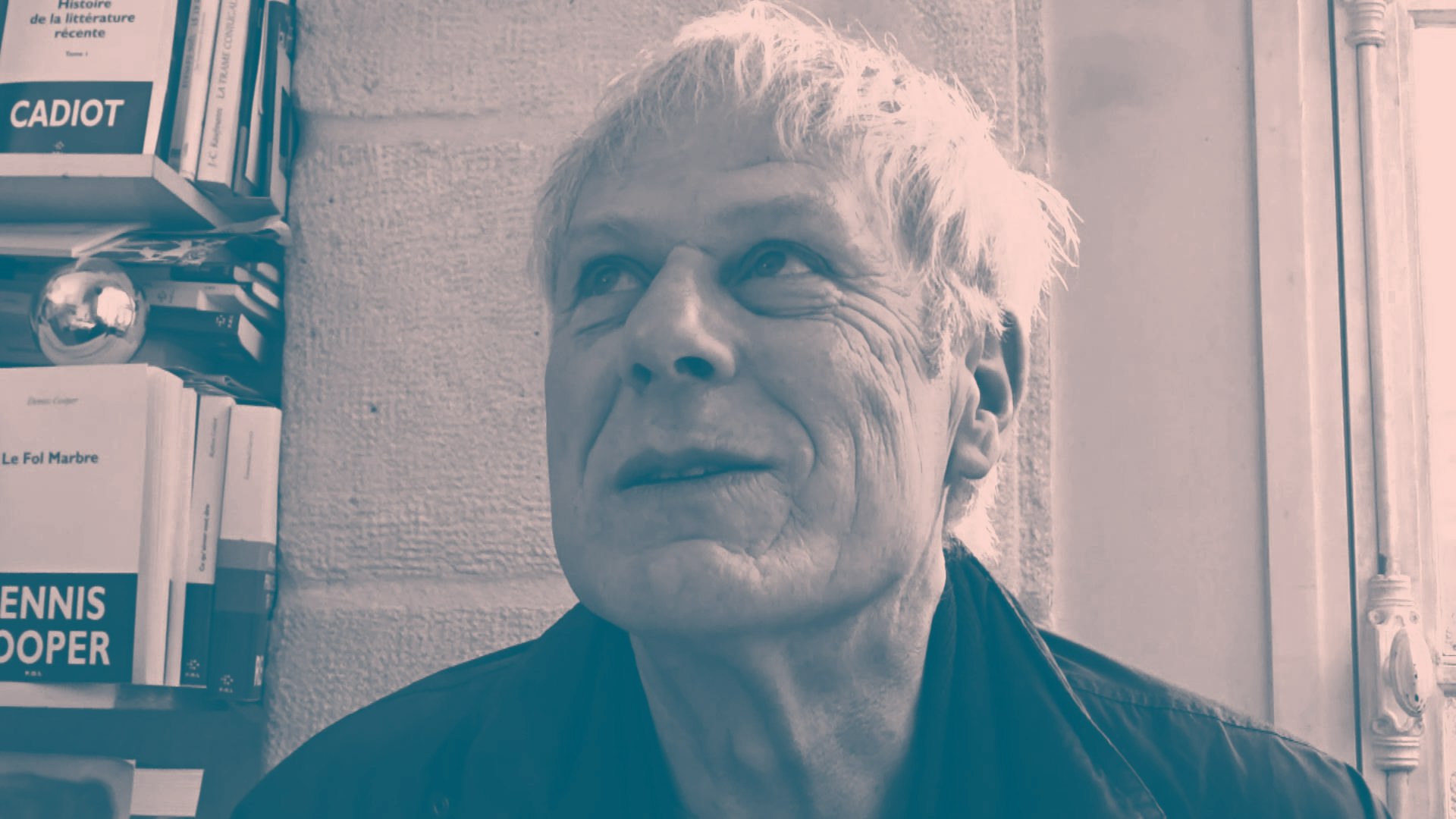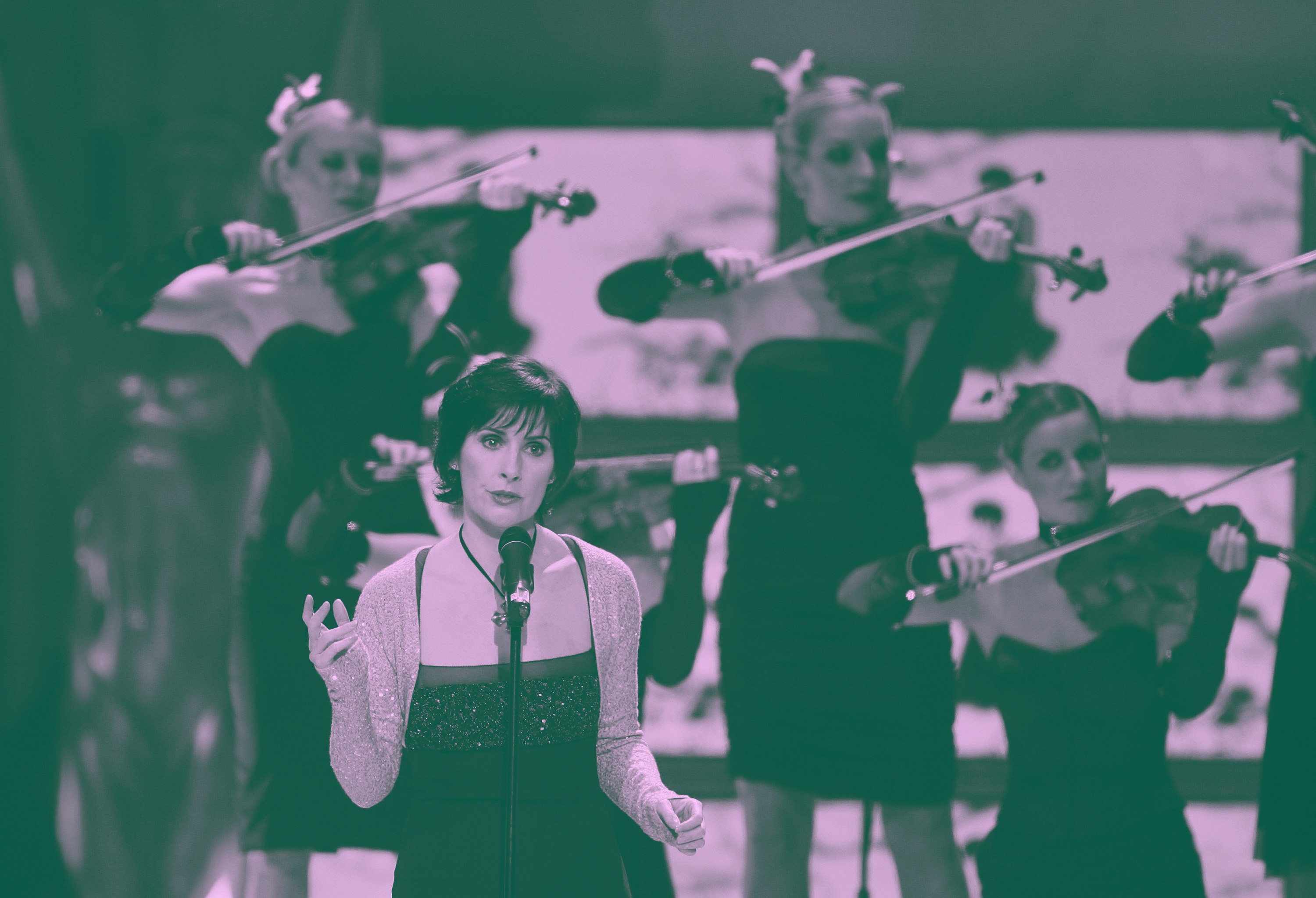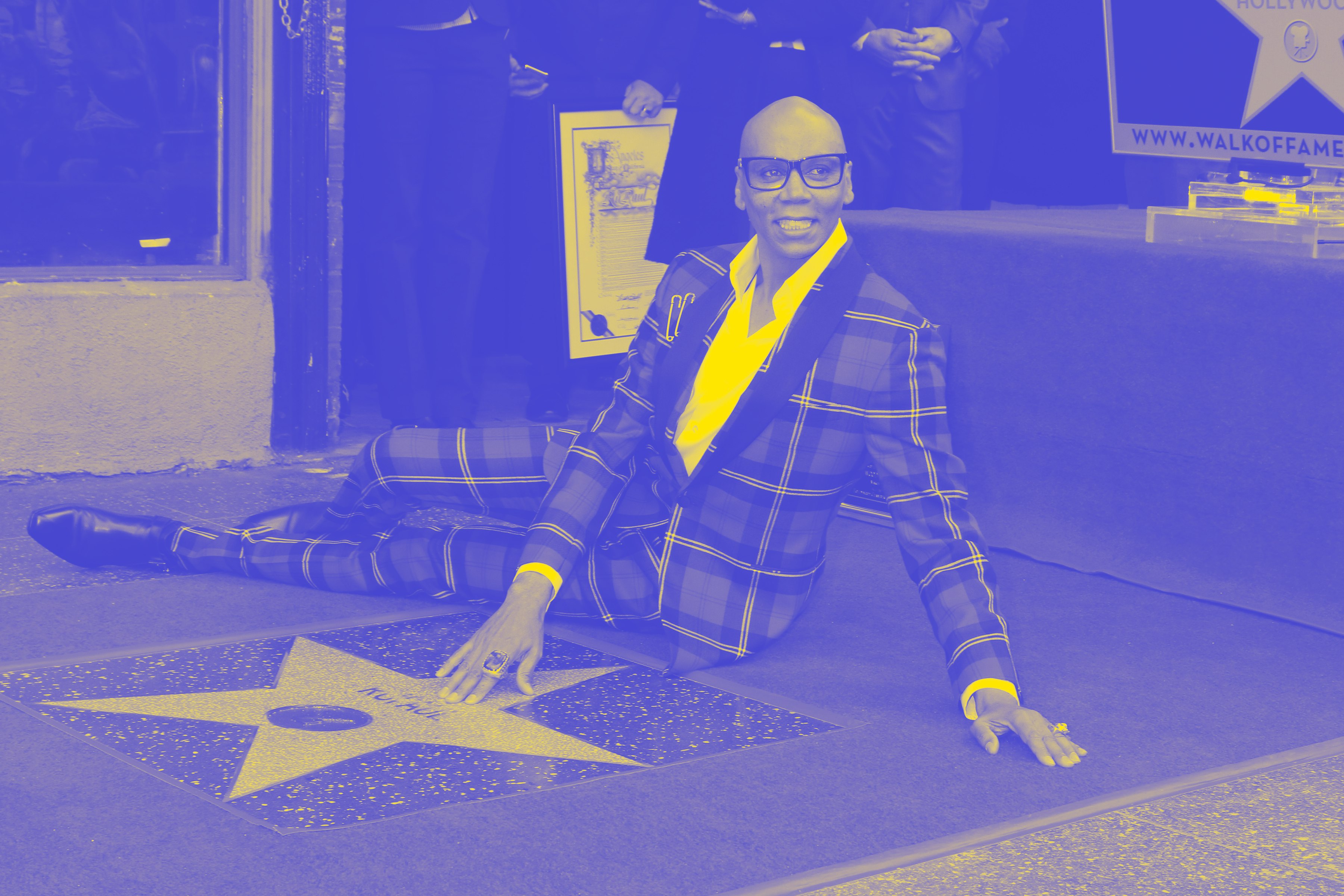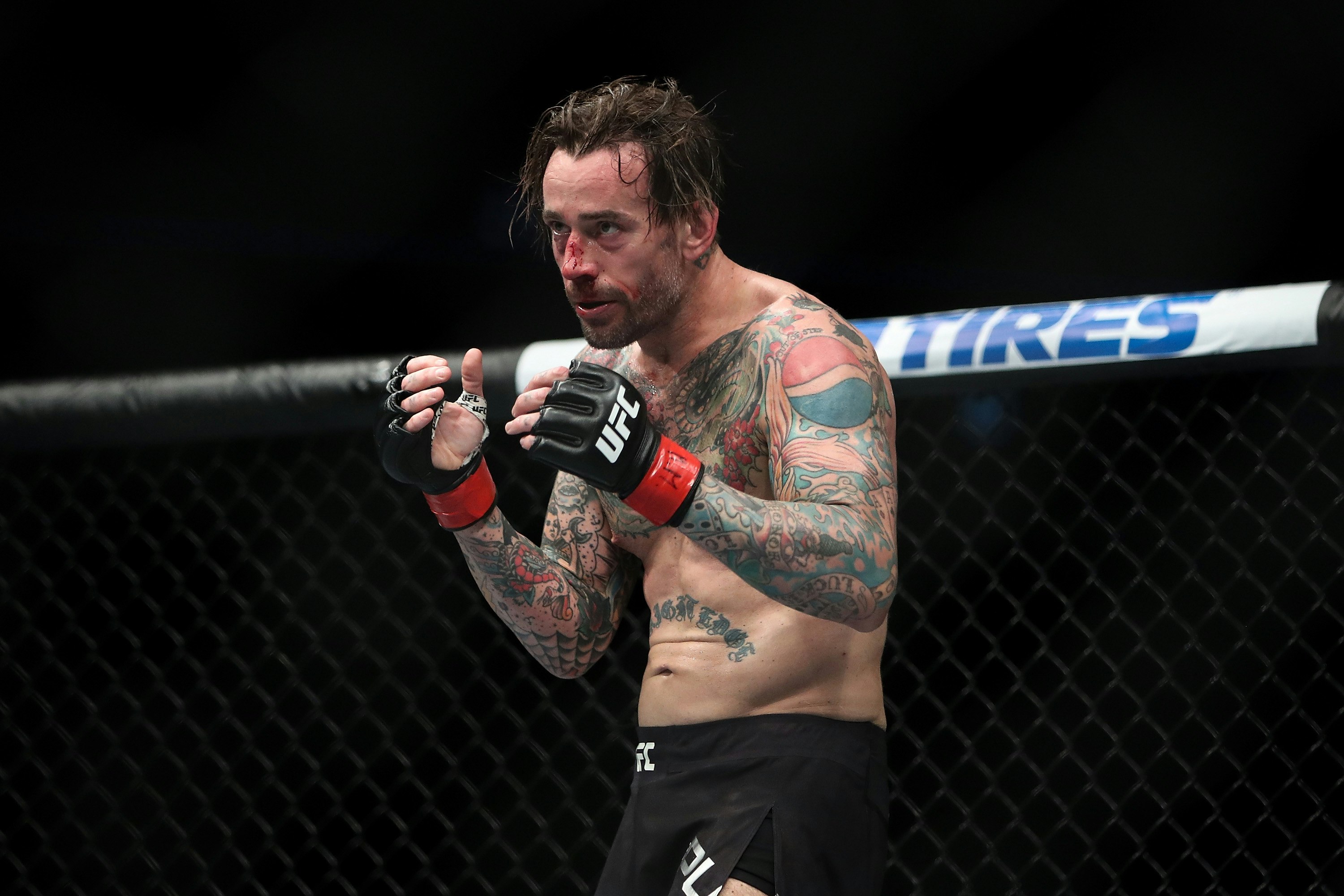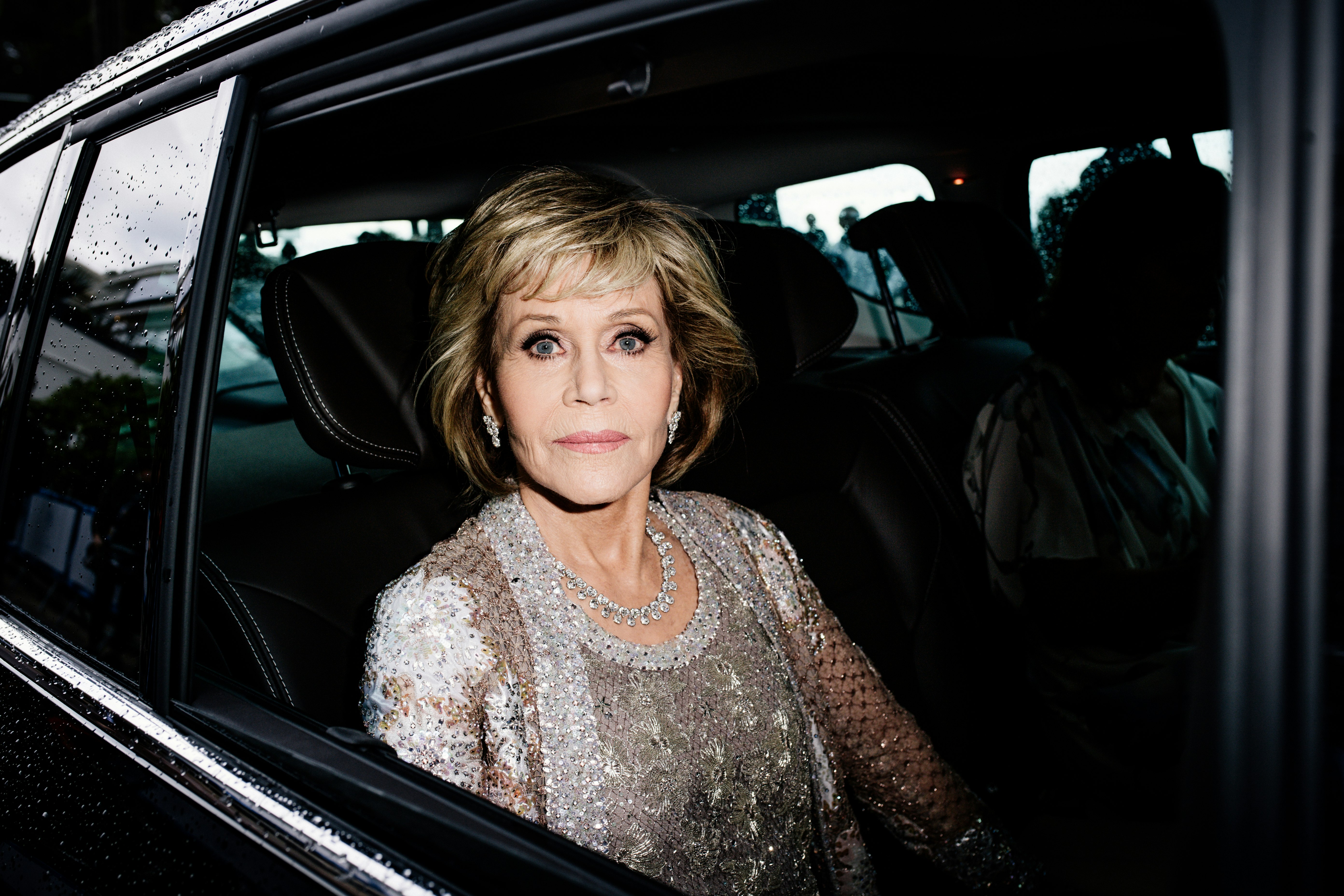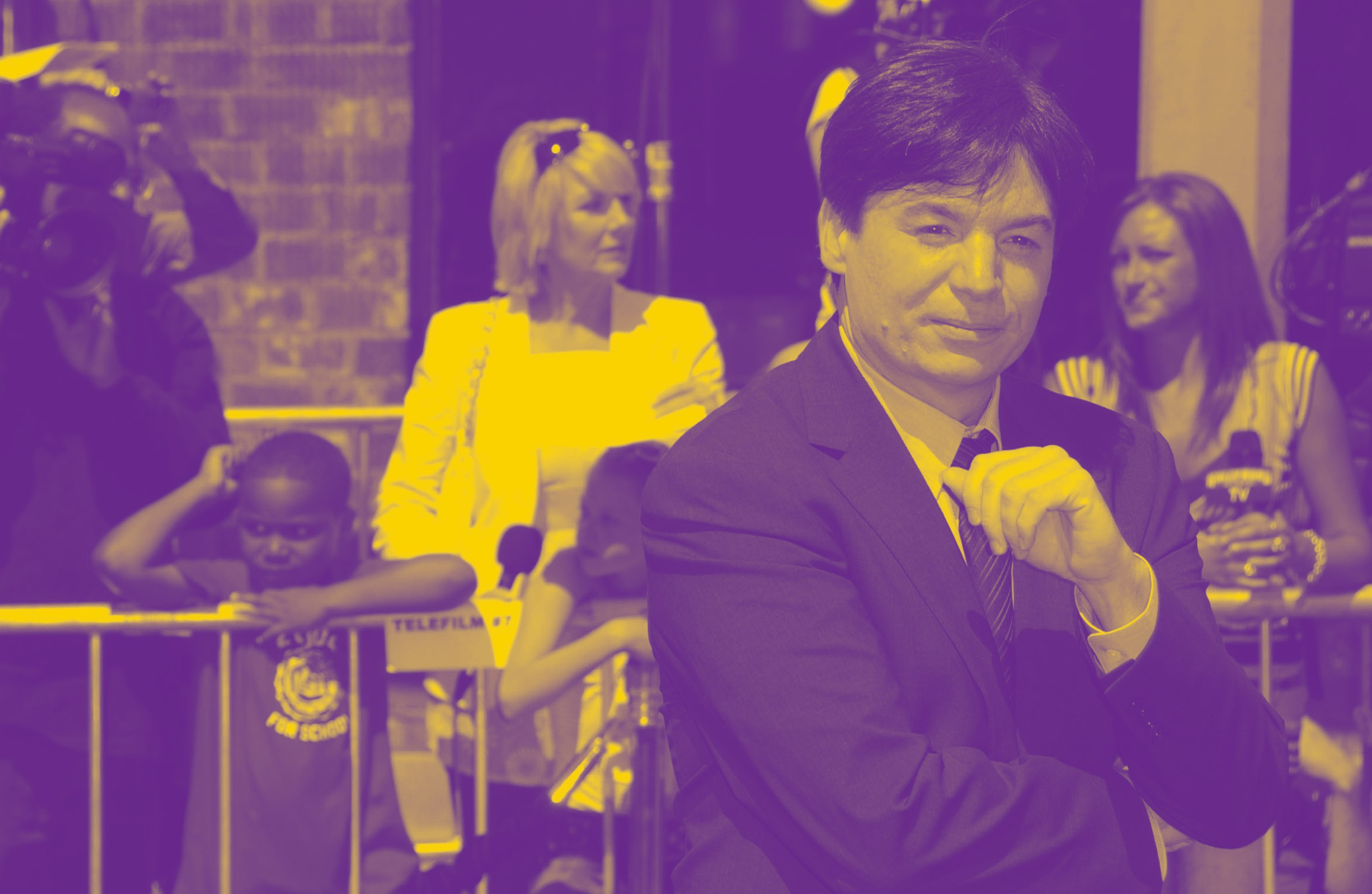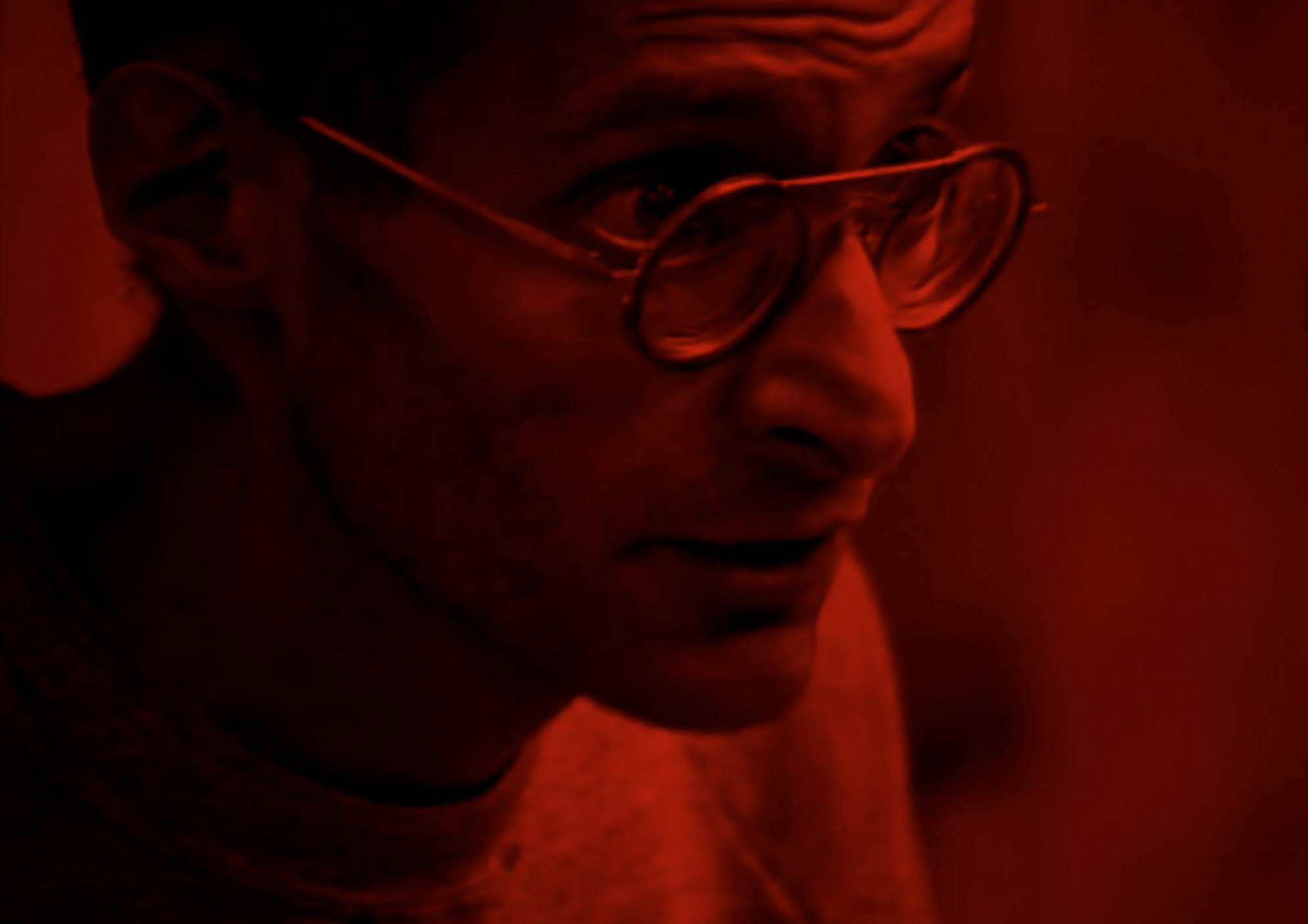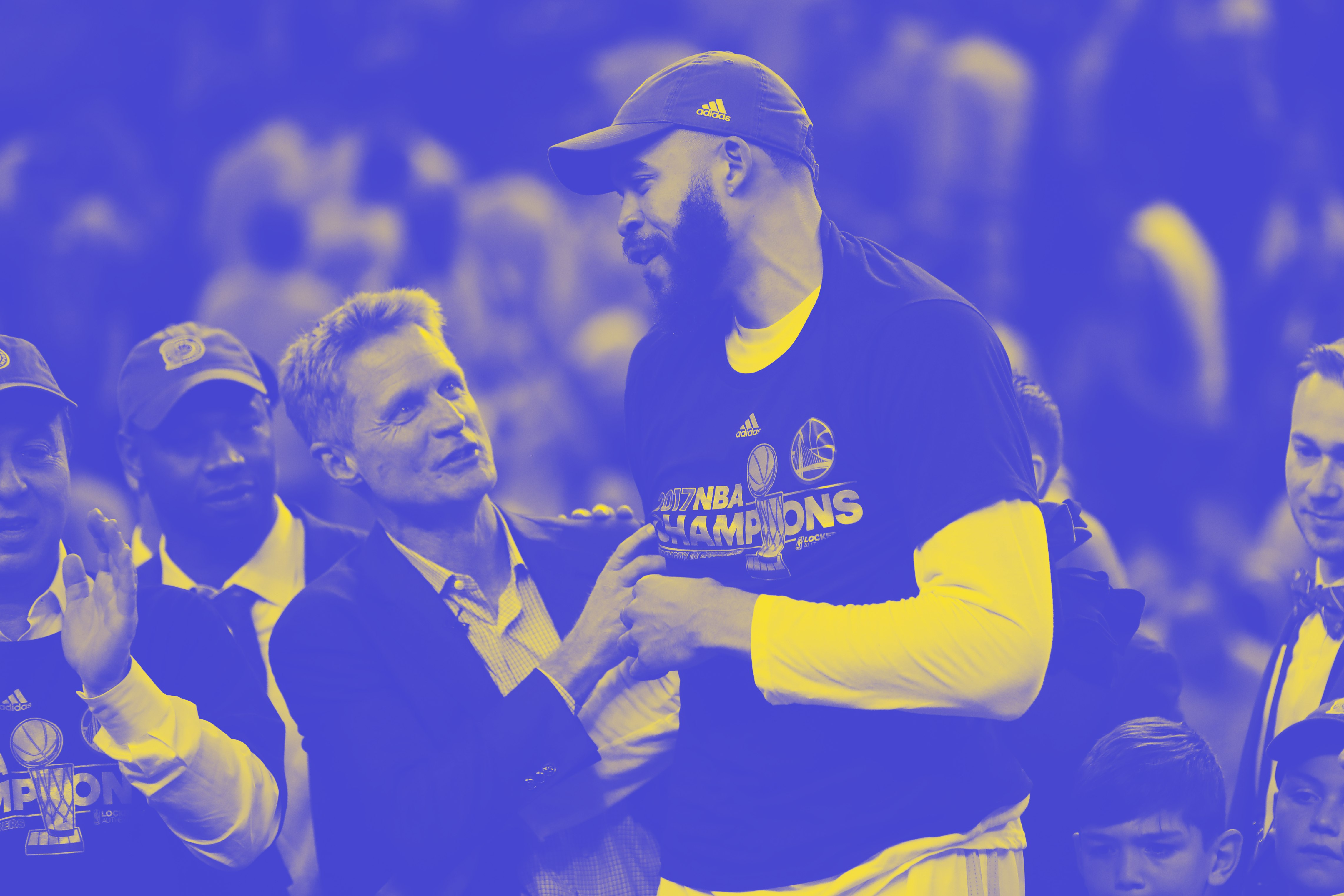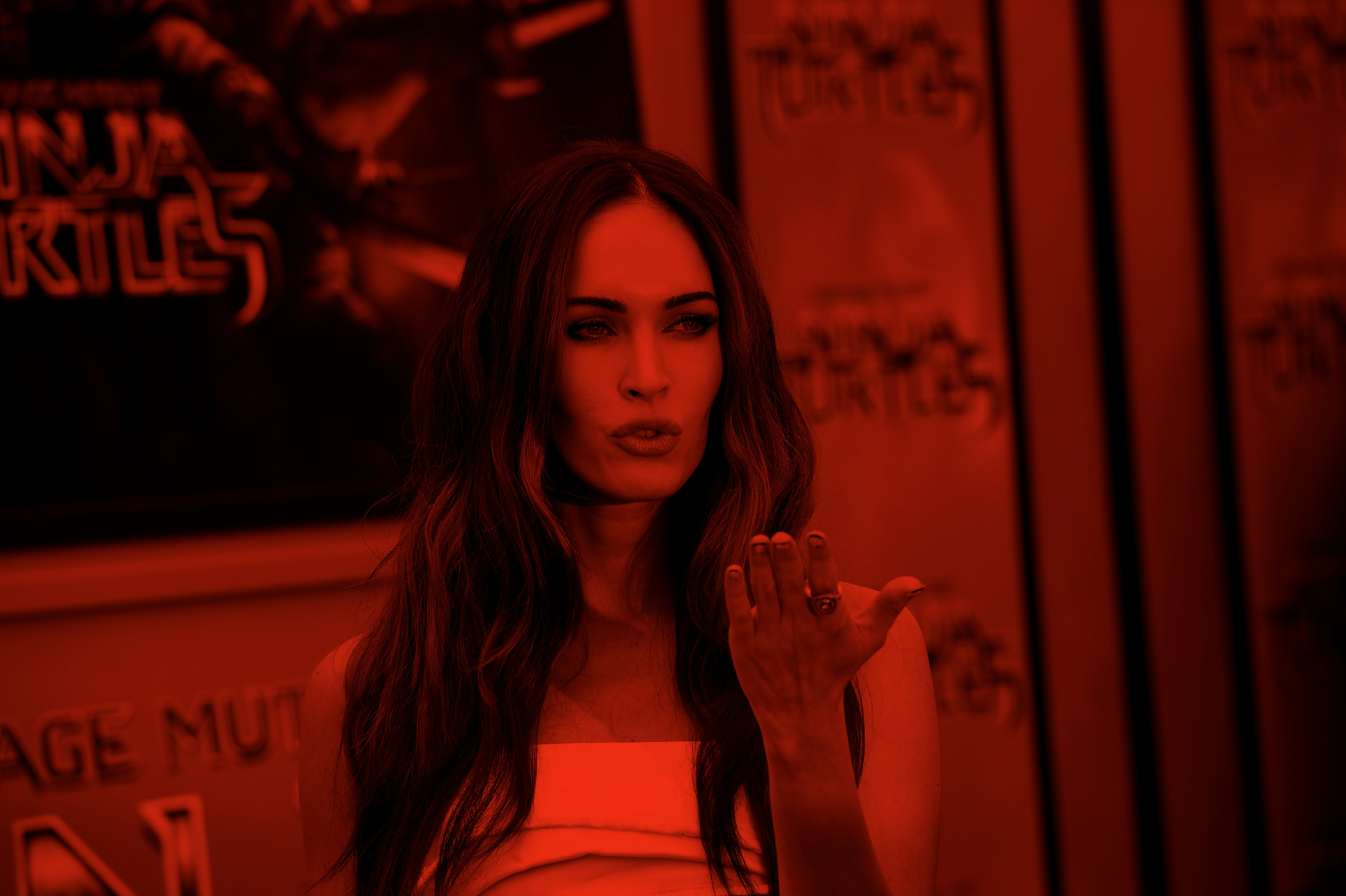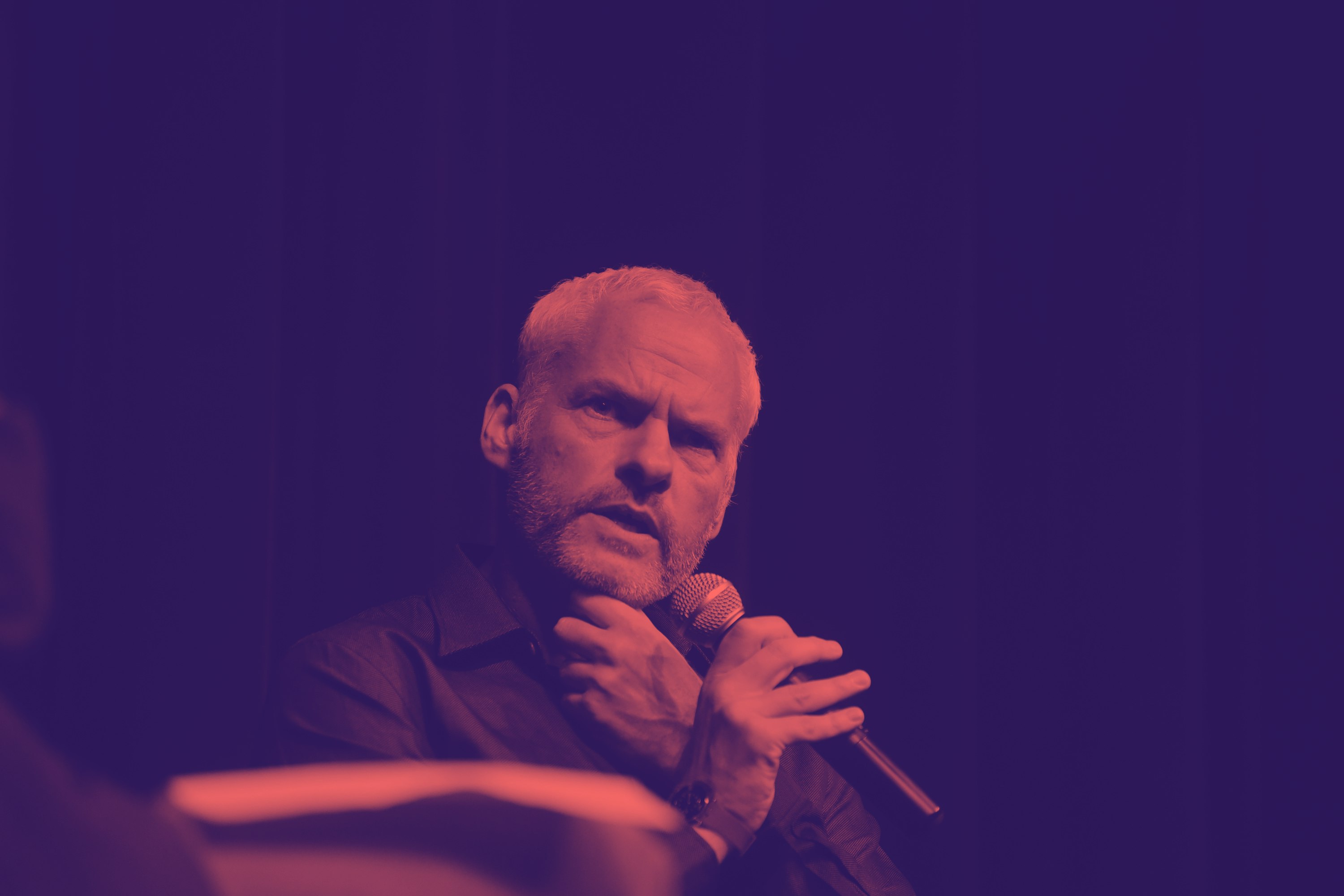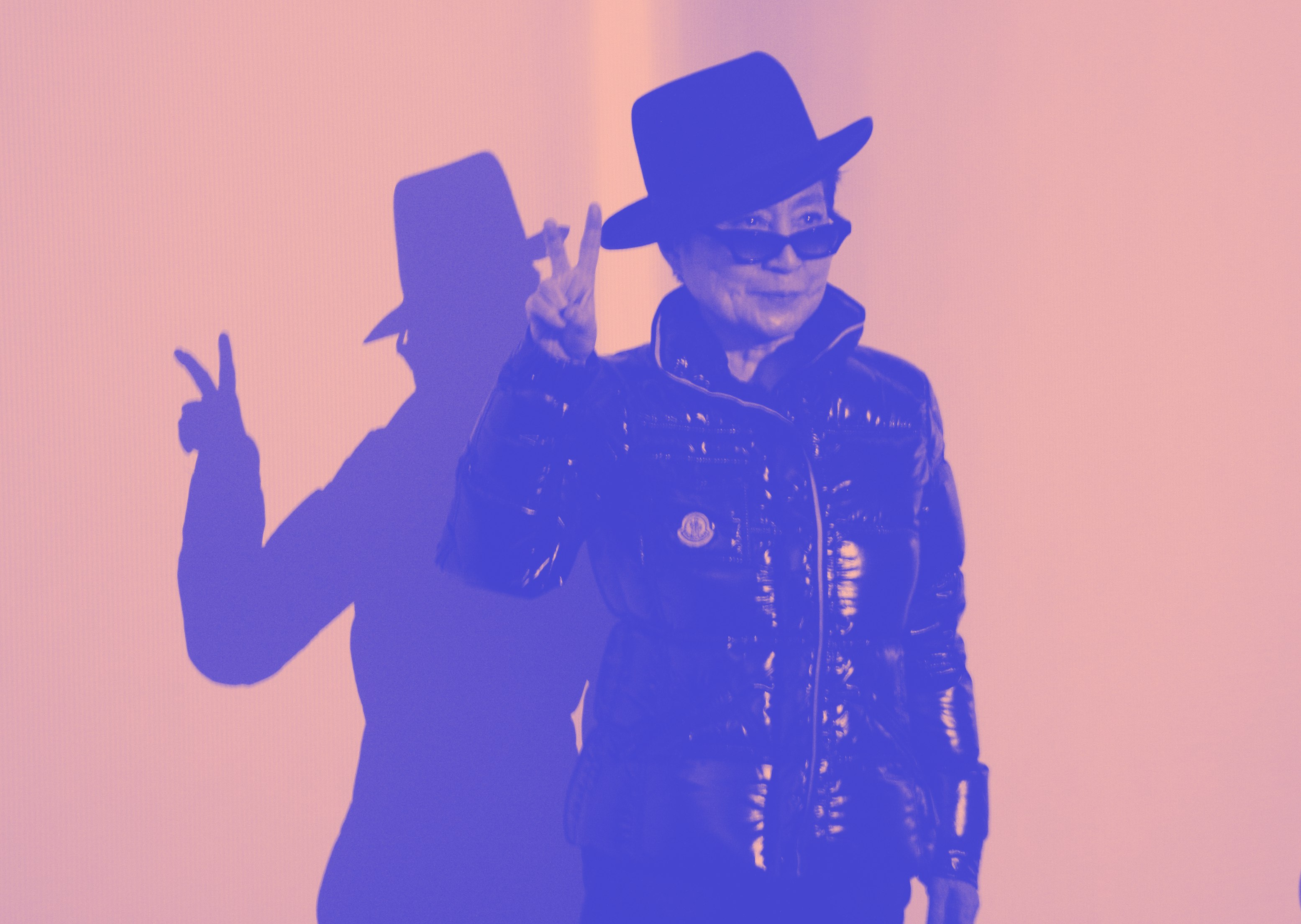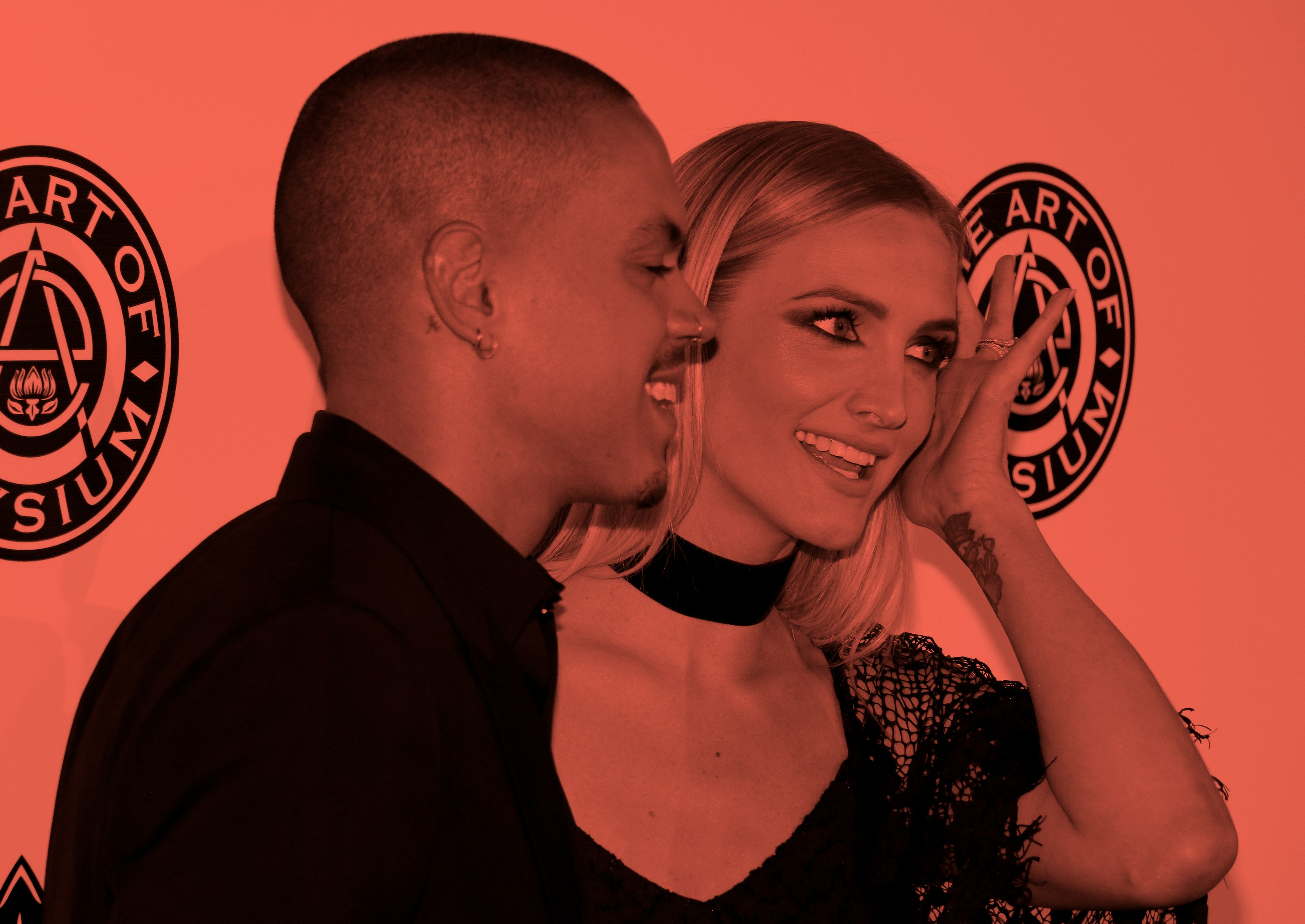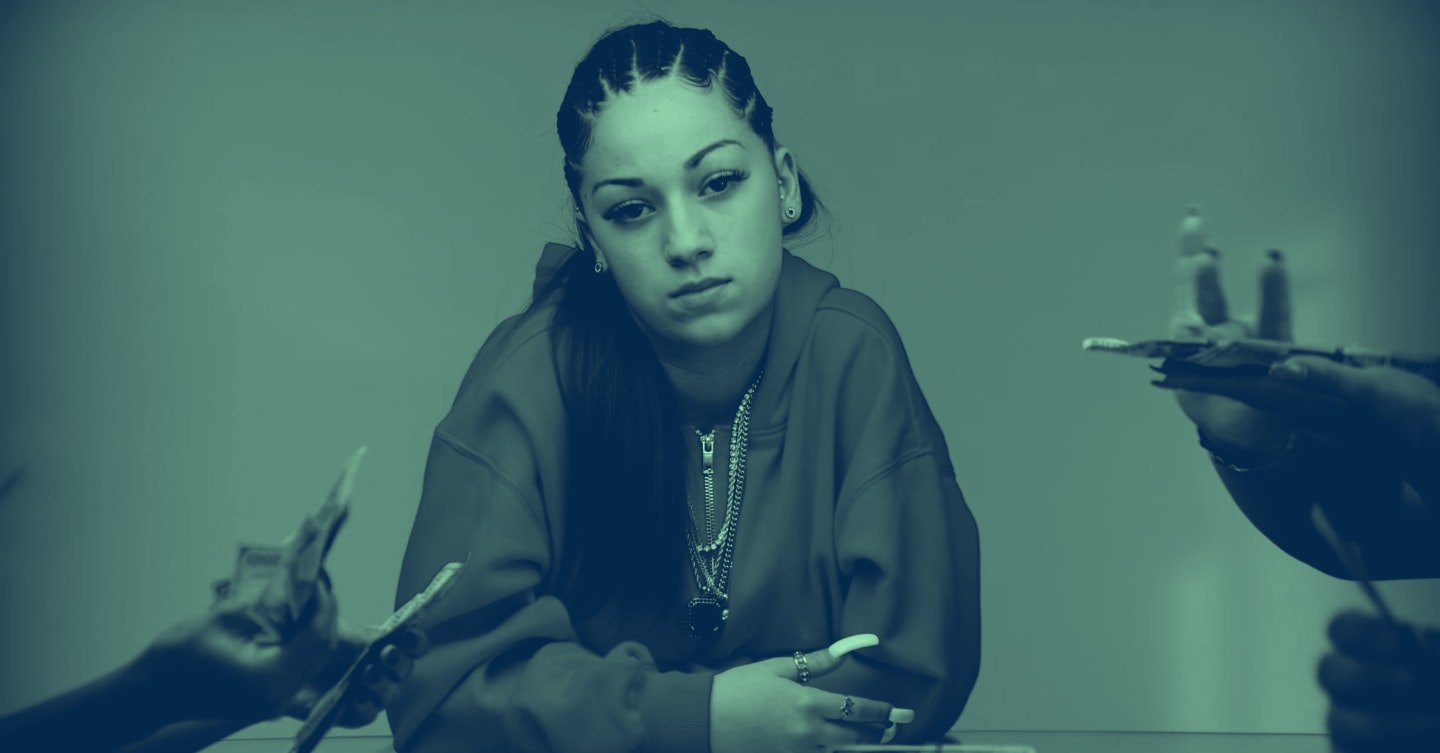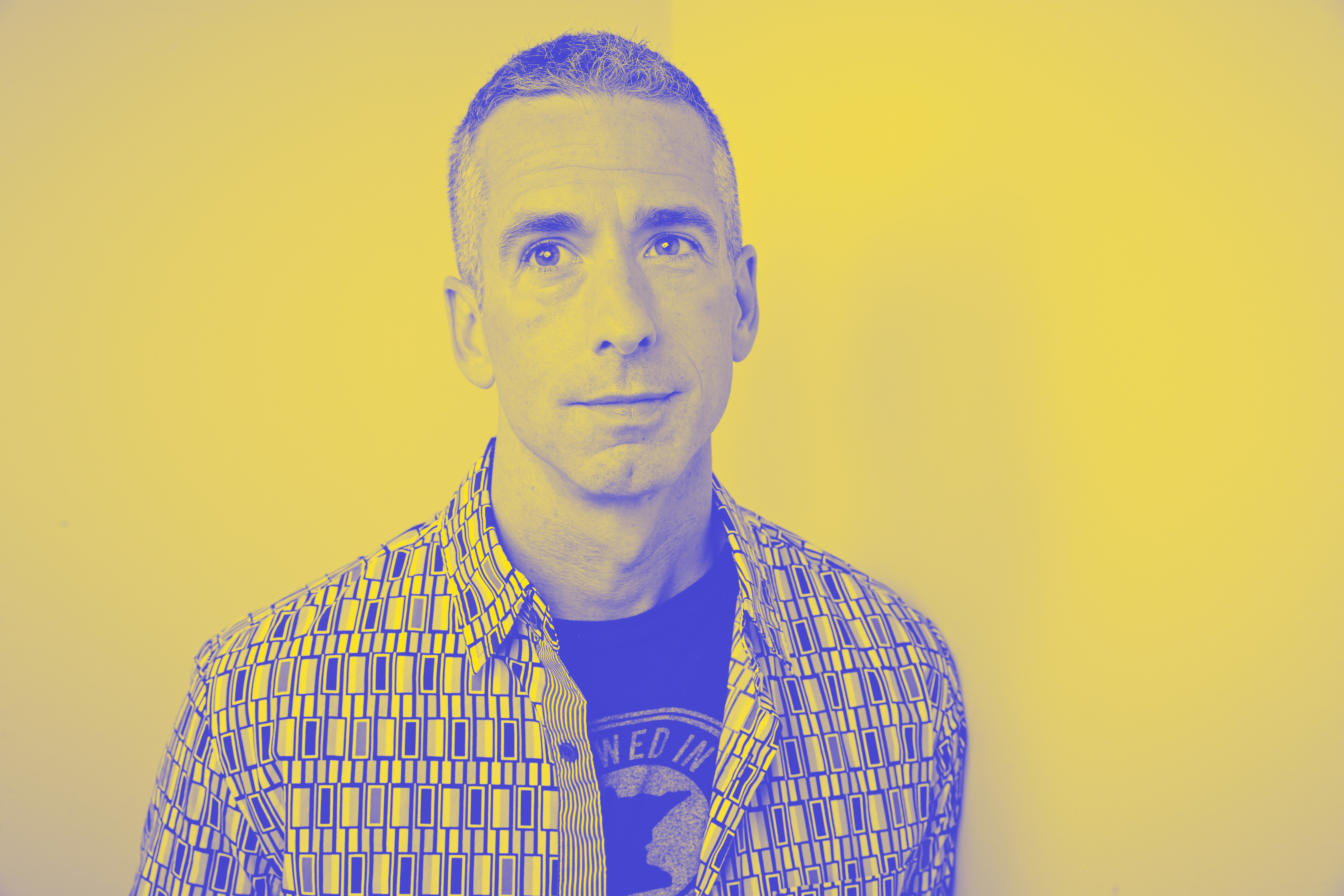Very Intriguing Person
is a series about people who fascinate us, for better or worse.
The early-00s were a wild time for reality television, an expansive genre of programming that taught children the flaws of capitalism and tried to make a case for competitive eugenics. For years, American Idol was at the helm of the siege on American television charts, achieving a six-year-long streak at the top of the Nielsen ratings that still remains undefeated. The show combined two of America’s favorite pastimes — music, of course, and elections �� and platformed a bevy of soon-to-be stars. A pre-Oscar Jennifer Hudson made her name as the season’s cruise-ship chanteuse; Bible-Belt belter Carrie Underwood played the girl next door who’d go on to win seven Grammys; soft-hearted Clay Aiken secured a second-place finish before pivoting to gay-rights campaigner and Congressional candidate.
But they all followed in the footsteps of the nation’s original sweetheart, Kelly Clarkson. It’s been a nudge shy of 16 years since Clarkson won the inaugural season of American Idol in 2002 and, unlike most of the illustrious competitions’ alumni, she’s still floating near the top of the pop-cultural consciousness. Her stompy-soul single “Love So Soft” secured a Grammy nod and made even James Corden momentarily palatable; now, she’s warming a red spinny chair as the newest coach on The Voice. But there’s something about Kelly that’s set her apart from the crowded house of American Idol alum: Over a decade and a half later, she remains not only the definitive face of the brand and of televised competitions, but also a strange, static talisman of celebrity whose appeal supersedes that of her original platform.
It’s not that Kelly Clarkson created a new form of pop star by edging out her competition in weekly a democratic phone-in election. Earlier in 2002 Will Young released the fastest-selling single in the history of U.K. charts after winning Pop Idol, the British show upon which American Idol was based. Unlike Young, however, Clarkson's continued to churn out hits. No, what Kelly Clarkson created when she was crowned the first American Idol was a monster.
At its core, American Idol and the bouquet of spin-off televised competitions (The Voice, So You Think You Can Dance, America’s Got Talent, to name a few) paired the false promises of a democracy with the meritocratic incentivization of championing talent for talent’s sake. The former offered an incentive for viewers to latch onto the schmaltzy showtunes and Whitney Houston covers — the power to determine a winner was in their hands. The latter reframed the American Dream into a weeknight activity: Contestants were plucked from their pedestrian existences to excel as the best of the best, vying for the approval of the democrat-ish audience. It should have been fine — in fact, it should have been great.
However, Clarkson’s post-Idol success provided an ample guise under which reality TV smuggled two far darker bad-faith concessions into its process and appeal: The commodification of trauma and the weaponization of a crown. Clarkson’s career was prepackaged by the American public when they voted her in as reality television royalty, and her post-Idol success was resold as the crown for which contestants vied — doe-eyed hopefuls looking for their break in the music industry, and later to dancers, comedians, seamstresses, drag queens. They all thirsted after what Clarkson’s success had promised was on the table.
Producers of the shows added an hurdle for contestants: Applicants were encouraged to disclose hardships, and a trauma-industrial complex was established that added the absolute value of life’s setbacks to the absolute value of one’s talent to calculate the absolute value of each contestant’s desert (compare these videos, for example, to Season 3 winner Fantasia Barrino's tape, which doesn't mention that she's a single mother at 19). It was meant to be a meritocratic championing of not only the most talented people, but also a celebration of those most deserving of the prize. The problem being, of course, people: Like all meritocratic and democratic systems, views and biases inherent to the voters skew the (supposedly) clinically ascetic absolute value of that which is being voted on.
Of course, part of this roadblock in the path to a meritocratic democracy was a biased audience: Analysts at American Idol fansite What Not To Sing isolated gender, race, and even the hometown of contestants to identify apparent trends within the winners of the competition. (America loves white men from the South, to no one’s surprise.) The worthiness of reward is mitigated by factors outside of the participants control, and the failure of the Have Nots to launch is subsequently measured against the bar of the Haves, with the Have Nots diving even deeper into their traumas. This system prays with a particular viciousness on the hopes of Black women and girls, whose lives were quickly recast into heavy-handed stereotypes that were easy for audiences to consume. The resulting comedowns as expectations and reality diverge were showstopping spectacles: The first season of the American X Factor leaned heavily into the narrative arch of Rachel Crow, a sunny 13-year-old singer with a tear-jerking life story and an eye on the 5-million-dollar prize as means to move her six-person family out of their two-room house. She sailed through the competition effortlessly before catching the boot in a shock elimination and having one of live television’s most horrific meltdowns.
But perhaps the trauma-industrial complex is simply a byproduct from the democratization of fame. The turn of the century has been marked by the age of the microcelebrity in which we all elbow our way through a bottlenecking economy of attention. Under capitalism’s false meritocracy, trends of success and failure are stratified, and cultural consumption is forced toward a dichotomy pitching that which is shared virally against that which is forgotten. As such, our approach to mining our pain for content is pushed to the extremes as we delve into darker corners. Writing for The New Yorker on the rapid decline of the personal essay, Jia Tolentino noted, “Attention flows naturally to the outrageous, the harrowing, the intimate, and the recognizable, and the online personal essay began to harden into a form defined by identity and adversity — not in spite of how tricky it is to negotiate those matters in front of a crowd but precisely because of that fact.”
Kelly Clarkson’s current stardom, however, remains an American treasure: The innocence of American Idol’s first season produced a star who outlasted her competitors and the televised offshoots of her alma mater. Caught at the intersection of the perfect time and the perfect place with an immeasurable amount of talent, she inspired a generation of dreamers to bare their souls in hopes of fame and fortunes. She also provided the rubric against which everyone else fell short.
On American Idol, eliminated contestants were forced to rewatch a montage of their time on the show — “a tribute to your time on American Idol,” an eternally-ageless Ryan Seacrest would say as he turned them around by their shoulders to face a screen playing out the arch of their failure. Kelly Clarkson’s montage was never shown, naturally, because she was never eliminated. Instead, her time on the show was capstoned by two songs, both of which could be read as in celebration or a relief: She auditioned with a torchy “At Last” (“At last / the skies above are blue”) and she won with freshly-penned single “A Moment Like This”. As the show’s first season drew to a close, sparks flew near the final key change as Clarkson belted out what would later be her first Number One hit, as well as a prophecy for everyone attempting to follow her first act: “I can’t believe this is happening to me / Some people wait a lifetime for a moment like this.”

